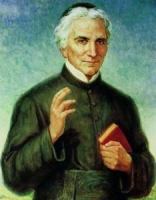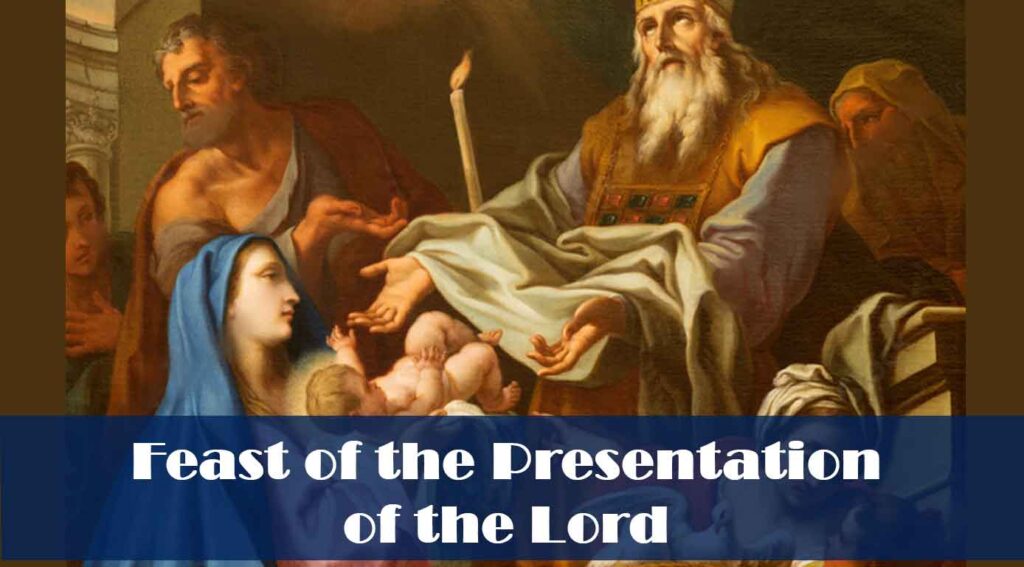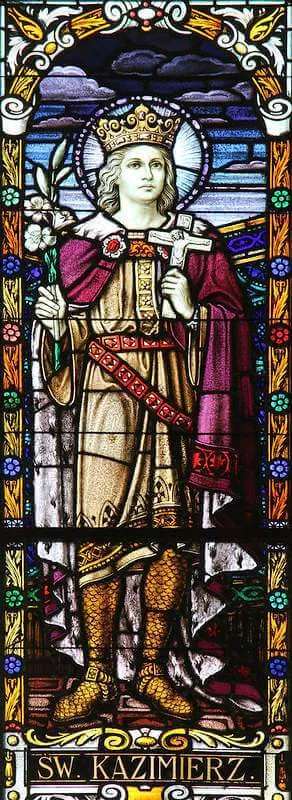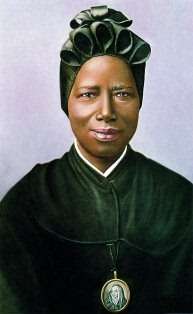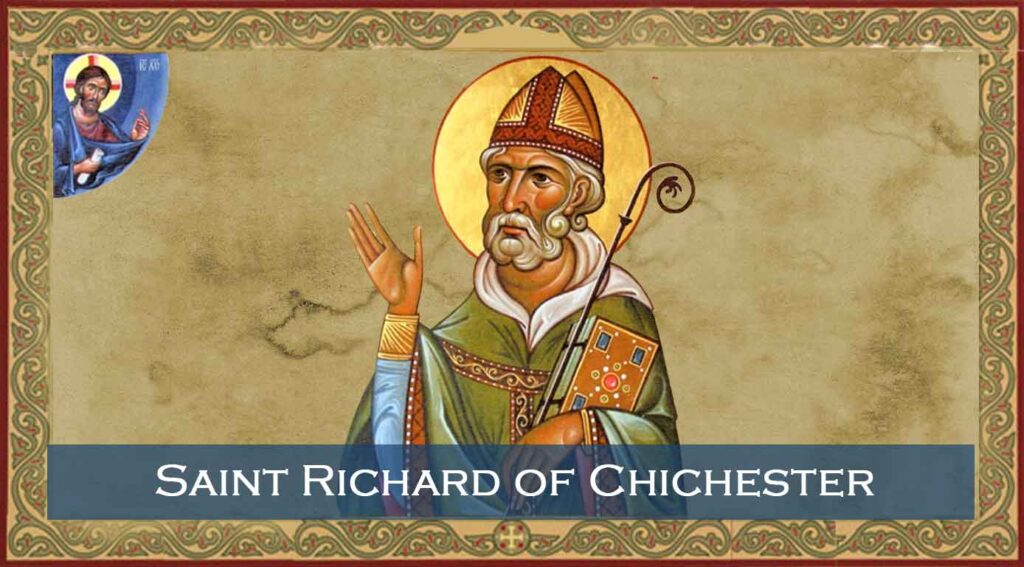Profile
Luigi was the youngest of three brothers born to Domenico Scrosoppi, a jeweler, and Antonia Lazzarini; his brother Carlo was ordained when Luigi was six, and his brother Giovanni several years later. When Luigi was 11 or 12 years old, his home region was struck by drought, famine, typhus, and smallpox in quick succession; the sight of such misery, complete poverty, and the number of orphans had a lasting effect on the boy.
In his teens, Luigi felt a call to the priesthood, and he entered the same seminary as his brother Giovanni. He became a deacon in 1826, and was ordained on 31 March 1827 at the cathedral in Udine; he was assisted at his first Mass by his brothers.
Luigi became the director of the Pious Union of the Heart of Jesus Christ. He helped manage the children’s center run by his brother Carlo.
Luigi was a Franciscan tertiary. He was also an assistant director of Carlo’s orphanage in 1829. The orphanage fell on harder times than usual; Luigi, in desperation, hit the streets to beg for their support, and the school soon had a great lesson in faith – and enough money to buy their building.
As there were more orphans than space, the brothers decided to enlarge the house; Luigi went through the countryside to beg building materials and labor. Work began in 1834 with Luigi coordinating, begging, supervising, and working construction; it was completed in 1836, and named the House for the Destitute. That year also saw another cholera epidemic, and the orphanages, again, were full.
The need of the orphans, and the constant work of the brother priests, attracted the attention of several area women who were also working with the poor and the abandoned. Among them were Felicita Calligaris, Rosa Molinis, Caterina Bros, Cristina and Amalia Borghese and Orsola Baldasso. These women, under the spiritual direction of Carlo and Luigi, founded what would become the Congregation of Sisters of Providence who taught basic academic subjects and needle crafts. Luigi placed them under the patronage of Saint Cajetan, and the Congregation received final approval from Pope Blessed Pius IX on 22 September 1871.
In 1846, Luigi joined the Oratory of Saint Philip Neri, a congregation devoted to charity and learning; elected provost of the community on 9 November 1856. On 4 October 1854, he finished work on the Rescue Home for abandoned girls. On 7 March 1857, he opened the school and home for deaf-mute girls; sadly, it survived only 15 years. He opened Providence House for his unemployed former students, and he worked in hospitals with the sickest and poorest of patients.
In his later years, Luigi had to combat anti-clerical sentiments that swept through the Italian peninsula during the political unification of the country; many houses and groups, including the Oratory, were seized, closed, and their assets sold off. While he could not save the Oratory or parish property, Luigi did protect his charitable institutions, and saw the Congregation grow and spread.
Born
- 4 August 1804 at Udine Italy
Died
- 3 April 1884 at Udine Italy of fever and the postulant skin disease pemphigus
Canonized
- 10 June 2001 by Pope John Paul II
- his canonization miracle was the cure of a Zambian AIDS victim, Peter Changu Shitima in 1996
Source: http://catholicsaints.mobi/calendar/3-april.htm

